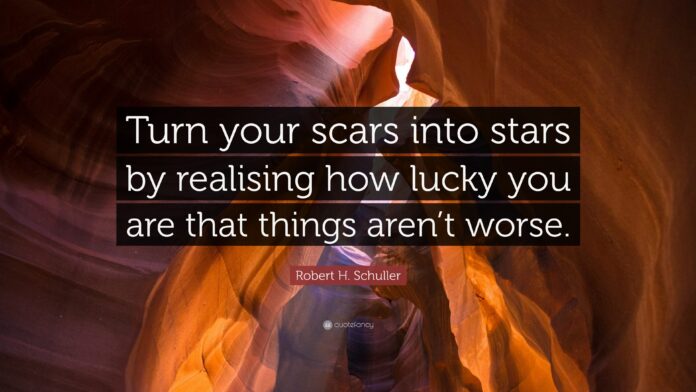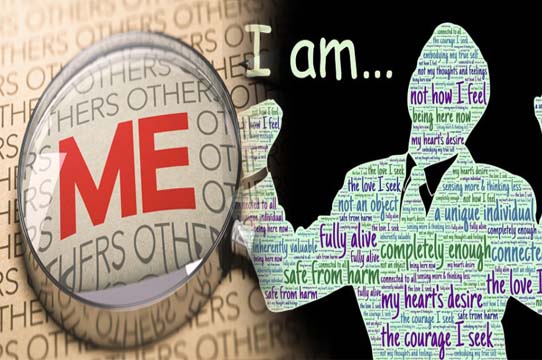In the quiet corners of our hearts, we all carry scars. Some are visible reminders of physical battles, while others are invisible, etched in the fabric of our souls. These scars often stem from emotional wounds, deep-seated pain that we’ve experienced throughout our lives. But what if we could transform these scars into stars? What if we could use our pain as a catalyst for growth, resilience, and ultimately, thriving in life?
Healing, resilience, and thriving are not just buzzwords; they are essential components of our journey from scars to stars. Healing is the process of making or becoming sound or healthy again. It involves acknowledging our emotional scars, understanding them, and then working through them. Resilience, on the other hand, is our ability to bounce back from adversity.
It’s about developing the mental and emotional toughness to face life’s challenges head-on. And finally, thriving is about more than just surviving. It’s about flourishing in life, reaching our full potential, and living a life filled with joy, purpose, and fulfillment.
In this article, we will delve deep into these concepts. We will explore the journey from scars to stars, understanding emotional scars, healing your heart, building resilience, and thriving in life. We will share techniques, strategies, and real-life stories that will inspire and guide you on your healing journey.
So, whether you’re dealing with emotional scars from the past or facing challenges in the present, this article is for you. Let’s embark on this journey together, transforming our scars into stars, healing our hearts, building resilience, and thriving in life.
Understanding Emotional Scars: More Than Just Wounds
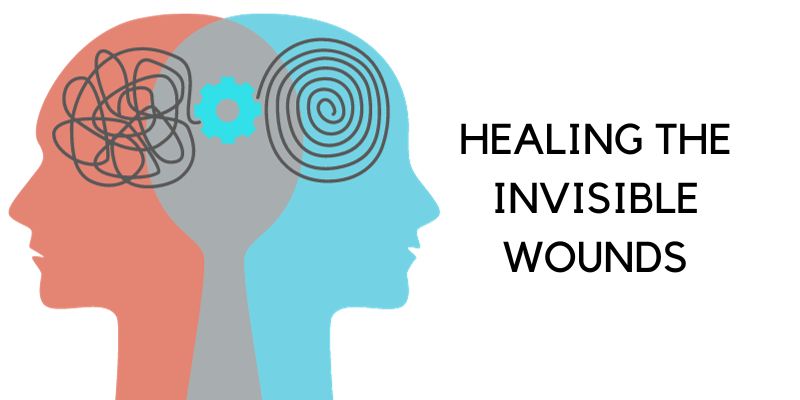
Emotional scars are often overlooked in our society, yet they can have a profound impact on our mental health and overall well-being. Unlike physical scars, emotional scars are not visible to the naked eye. They are internal wounds that we carry within us, often resulting from traumatic experiences such as loss, abuse, neglect, or severe stress.
There are various types of emotional scars, each with its unique characteristics and effects on our mental health. Some common types include scars from childhood trauma, relationship trauma, and traumatic loss. These scars can lead to mental health disorders such as depression, anxiety, post-traumatic stress disorder (PTSD), and other emotional difficulties.
The Impact of Emotional Scars on Mental Health
The impact of emotional scars on mental health cannot be overstated. They can affect our thoughts, feelings, behaviors, and relationships. For instance, someone with emotional scars from childhood trauma may struggle with self-esteem issues, have difficulty forming healthy relationships, or experience chronic feelings of sadness or fear.
The Role of Emotional Intelligence in Recognizing and Healing Scars
Recognizing and healing emotional scars is a crucial part of our emotional well-being. This is where emotional intelligence comes into play. Emotional intelligence is the ability to understand, use, and manage our own emotions in positive ways to relieve stress, communicate effectively, empathize with others, overcome challenges, and defuse conflict. It plays a vital role in recognizing our emotional scars and initiating the healing process.
Real-life Stories of People who have Healed their Emotional Scars to Stars
Healing emotional scars is not an overnight process. It requires time, patience, and often professional help. However, countless individuals have successfully healed their emotional scars and transformed their lives.
For instance, consider the story of Maya Angelou, a renowned author and poet. Despite experiencing severe trauma in her early life, she healed her emotional scars through writing, activism, and speaking out about her experiences. Her life serves as an inspiration for many who are on their healing journey.
Understanding emotional scars is the first step towards healing. By recognizing our scars and understanding their impact on our mental health, we can take proactive steps toward healing and ultimately transform our scars into stars.
Healing Your Heart: A Path to Recovery

Emotional healing is a journey that takes us from the depths of despair to a place of hope and renewal. It is a process that involves acknowledging our emotional scars, understanding them, and then taking proactive steps to heal them.
The Process of Emotional Healing
The process of emotional healing begins with acceptance. It involves acknowledging the existence of our emotional scars and the pain they cause. This is often the hardest step, as it requires us to face our pain head-on. However, it is also the most crucial step, as it sets the stage for the healing process.
Once we have acknowledged our emotional scars, the next step is understanding them. This involves exploring the root causes of our scars and the impact they have on our lives. It requires us to delve deep into our past, often with the help of a mental health professional.
The final step in the process of emotional healing is taking proactive steps to heal our emotional scars. This is where various techniques for healing your heart come into play. These techniques can range from therapy and counseling to self-care practices and lifestyle changes.
Techniques for Healing Your Heart
One of the most effective techniques for healing your heart is mindfulness. Mindfulness involves being fully present in the moment, without judgment. It allows us to observe our thoughts and feelings without getting caught up in them. This can be particularly helpful in healing emotional scars, as it allows us to observe our pain without becoming overwhelmed by it.
The Role of Mindfulness and Self-compassion in Heart Healing
Another important technique for healing your heart is self-compassion. Self-compassion involves treating ourselves with the same kindness and understanding that we would treat a friend. It allows us to acknowledge our pain without judging ourselves for it.
There are countless success stories of individuals who have healed their hearts and transformed their lives. For instance, consider the story of Malala Yousafzai, a young woman who was shot by the Taliban for advocating for girls’ education. Despite her traumatic experience, she has healed her heart and continues to advocate for girls’ education worldwide.
Healing your heart is a journey that requires acceptance, understanding, and proactive steps towards healing. By incorporating mindfulness and self-compassion into our lives, we can heal our emotional scars and transform our lives.
Building Resilience: Turning Adversity into Strength
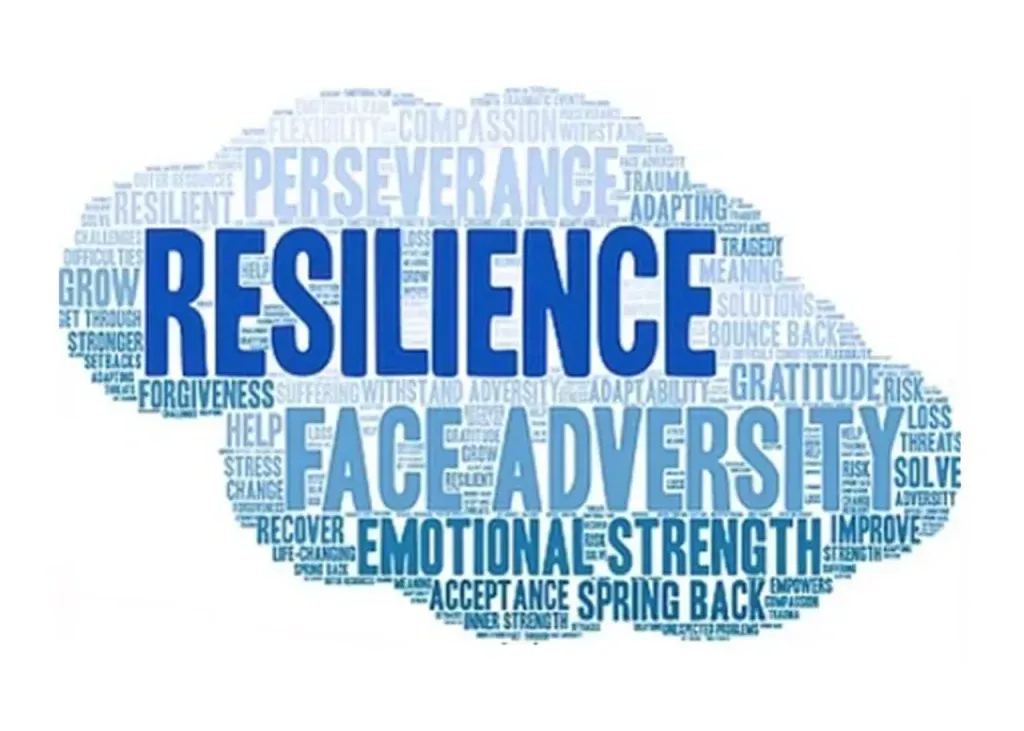
Resilience is a term that has gained significant attention in the fields of psychology and personal development. It refers to the ability to bounce back from adversity, trauma, tragedy, threats, or significant sources of stress. Resilience is not just about getting through difficult times, but rather learning to grow and thrive in the face of adversity.
The importance of resilience cannot be overstated. It is what allows us to recover from setbacks, adapt to change, and keep going in the face of adversity. Resilience is not a trait that people either have or do not have. It involves behaviors, thoughts, and actions that can be learned and developed by anyone.
Strategies for Building Resilience
Building resilience is a personal journey that involves a number of strategies. These include maintaining a positive view of oneself, accepting that change is a part of life, nurturing a positive outlook, seeking out opportunities for self-discovery, and fostering strong relationships. It also involves taking care of one’s physical health, practicing mindfulness, and seeking professional help when needed.
The Role of Positive Psychology in Building Resilience
Positive psychology plays a crucial role in building resilience. It is a branch of psychology that focuses on the positive aspects of human life, including happiness, well-being, and resilience. Positive psychology interventions, such as practicing gratitude, cultivating optimism, and focusing on one’s strengths, have been shown to enhance resilience.
There are countless inspirational stories of individuals who have demonstrated remarkable resilience in the face of adversity. One such example is the story of Viktor Frankl, a psychiatrist who survived the Holocaust.
Despite experiencing unimaginable hardships, Frankl was able to find meaning in his suffering and went on to write the influential book “Man’s Search for Meaning”. His story serves as a powerful reminder of the strength of the human spirit and the power of resilience.
Building resilience is a vital part of our journey from scars to stars. By understanding resilience, employing effective strategies, leveraging the principles of positive psychology, and drawing inspiration from others, we can turn adversity into strength and thrive in the face of life’s challenges.
Thrive: Not Just Survive
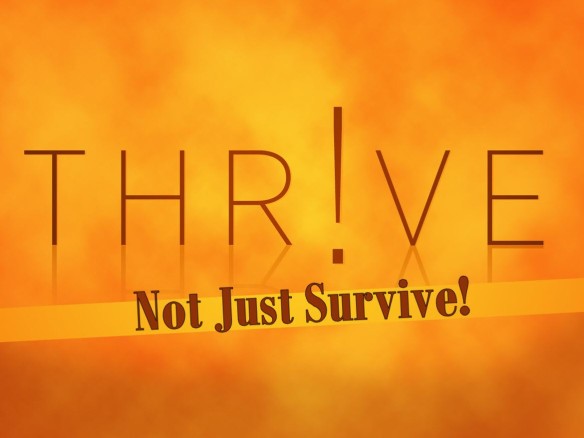
Thriving is a concept that goes beyond mere survival. It’s about flourishing, growing, and reaching one’s full potential in life. It’s about not just getting by, but truly living and experiencing life to the fullest.
The concept of thriving is deeply rooted in the field of positive psychology. It’s about more than just surviving or getting through the day. It’s about growth, development, and reaching one’s full potential. It’s about living a life filled with purpose, meaning, and joy.
Steps to Thrive in Life
There are several steps one can take to thrive in life. These include setting and pursuing meaningful goals, maintaining a positive outlook, cultivating strong relationships, taking care of one’s physical health, and engaging in activities that bring joy and fulfillment. It’s about making the most of every moment and living life to the fullest.
The Role of Personal Growth and Self-Actualization in Thriving
Personal growth and self-actualization play a crucial role in thriving. Personal growth involves developing one’s skills, abilities, and awareness to reach one’s full potential. It’s about constantly learning, growing, and becoming the best version of oneself. Self-actualization, a term coined by psychologist Abraham Maslow, refers to the process of realizing and fulfilling one’s potential. It’s the ultimate goal of personal growth and the key to thriving in life.
There are countless motivational stories of individuals who have thrived after adversity. One such example is the story of Nick Vujicic, a motivational speaker born without limbs. Despite his physical limitations, Vujicic has thrived in life, traveling the world to share his message of hope and resilience. His story serves as a powerful reminder that we can not only survive adversity but also thrive in its aftermath.
Thriving is not just about surviving. It’s about growing, flourishing, and reaching one’s full potential. By understanding the concept of thriving, taking proactive steps to thrive in life, and drawing inspiration from those who have thrived after adversity, we can transform our scars into stars and live a life filled with joy, purpose, and fulfillment.
Frequently Asked Questions (FAQs)
1. What does it mean to heal emotional scars?
Healing emotional scars involves acknowledging the existence of our emotional wounds, understanding their impact on our lives, and taking proactive steps to heal them. It’s a journey that requires time, patience, and often professional help.
2. How can I build resilience?
Building resilience involves maintaining a positive view of oneself, accepting that change is a part of life, nurturing a positive outlook, seeking out opportunities for self-discovery, and fostering strong relationships. It also involves taking care of one’s physical health, practicing mindfulness, and seeking professional help when needed.
3. What does it mean to thrive in life?
Thriving in life is about more than just surviving. It’s about flourishing, growing, and reaching one’s full potential. It’s about living a life filled with purpose, meaning, and joy.
4. How can I thrive after adversity?
Thriving after adversity involves turning your scars into stars. It’s about using your pain as a catalyst for growth, resilience, and ultimately, thriving in life. This involves healing your emotional scars, building resilience, and taking proactive steps to thrive in life.
5. What is the role of positive psychology in building resilience?
Positive psychology plays a crucial role in building resilience. It focuses on the positive aspects of human life, including happiness, well-being, and resilience. Positive psychology interventions, such as practicing gratitude, cultivating optimism, and focusing on one’s strengths, have been shown to enhance resilience.
Conclusion
In this journey, we have traversed the path from understanding our emotional scars to learning how to heal them, building resilience, and ultimately thriving in life. We have explored the profound impact of emotional scars on our mental health and the importance of acknowledging and understanding them as the first steps towards healing.
We delved into the process of healing, discussing various techniques such as mindfulness and self-compassion, and the role they play in healing our hearts. We also explored the concept of resilience, understanding its definition, importance, and strategies for building it. We learned about the role of positive psychology in enhancing resilience and the power of personal growth and self-actualization in thriving.
Throughout this journey, we were inspired by the stories of individuals who have transformed their scars into stars, healed their hearts, built resilience, and thrived after adversity. These stories serve as a testament to the strength of the human spirit and the power of resilience.
As we conclude this article, we want to leave you with an encouraging message. Remember, healing is a journey, not a destination. It’s okay to take your time, to stumble, to fall. What matters is that you keep going, and keep growing. Your scars are a testament to your strength, a symbol of your resilience. They are not signs of weakness, but badges of honor.
So, embrace your scars, for they have shaped you into the person you are today. Use them as stepping stones on your path to healing, resilience, and thriving. Remember, you are not alone on this journey. There are countless others who have walked this path before you, and there are countless more who will walk it after you. You are part of a community, a tribe of survivors, thrivers, and stars.
In the words of Rumi, “The wound is the place where the Light enters you.” So, let your scars be the places where the light enters, transforming your wounds into wisdom, your pain into power, and your scars into stars.
Reference By:
- Resilience – University of Central Arkansas
- Understanding and Building Resilience – Positive Psychology
Similar Topics
Embrace Endings for Growth and New Beginnings
Discover how embracing endings can fuel personal growth and lead to exciting new beginnings. Learn to navigate life’s transitions with…
Unlocking Success with Aligned Action: A Comprehensive Guide
Explore the power of aligned action in achieving goals. Learn strategies to bridge the gap between desire and reality….
Unlocking the Power of Self-Understanding
Explore the journey of self-understanding and learn how to cultivate it with our comprehensive guide….
Unlocking Feminine Energy – A Comprehensive Guide
Explore the power of feminine energy and learn how to cultivate it with our comprehensive guide….
Self-Control: The Key to Balanced Emotions
Learn how self-control can help balance your emotions and lead to a more fulfilling life….
See Beyond Sight – The Power of Faith and Hope
Dive into the world of Faith and Hope and understand their power in transcending the physical world. Discover how they…
